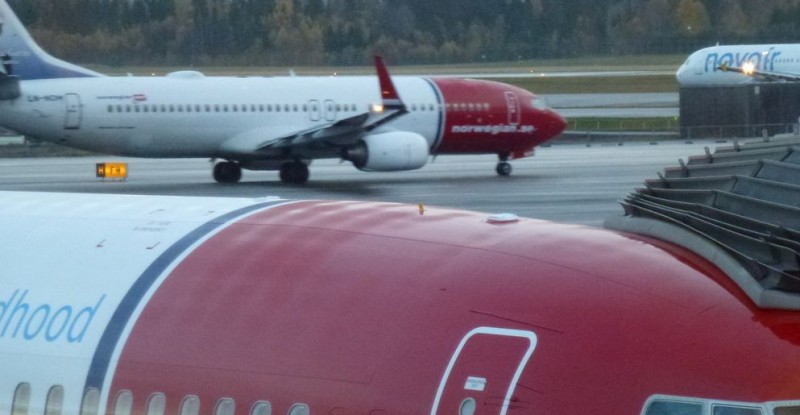LONDON: Scandinavian budget carrier Norwegian Air Shuttle is confident its dream to operate transatlantic flights through an Irish subsidiary “will come true”, despite the apparent reluctance of US regulators to allow the plan to go ahead. However, the airline believes it may have to wait until after the 2016 US presidential election for approval because the issue has become so politically charged.
Speaking at the World Low Cost Airlines Congress in London, Norwegian chief executive Bjorn Kjos said that many of the protestations against his plan to offer discounted flights to US cities stemmed from “elected representatives” seeking to appeal to voters.
“After the election, things will calm down and it will come true,” says Kjos.
The US Department of Transportation earlier this month rejected Norwegian Air International’s request to temporarily operate flights from Europe to the USA while it awaited the regulator’s final decision.
Kjos is sticking to his argument that the only reason he has applied for – and received – an Irish air operator’s certificate to serve the long-haul market is because the carrier’s Norwegian AOC means its access to destinations outside the European Union is limited.
But this argument continues to fall on deaf ears at unions on both sides of the Atlantic, which believe Norwegian is attempting to circumvent labour laws in its home country and hire overseas employees at lower rates. The European Cockpit Association (ECA) has applauded the US DOT’s stalling of Norwegian’s application, but has harsh words for European regulators which it accuses of acting as “a vocal spokesperson” for Norwegian Air International.
“The EU-US open market is not a license to take whatever you want from whoever you want,” says ECA general secretary Philip von Schoppenthau. “We urge the EU to propose new rules on airline authorization, social security and work permits for foreign crews based permanently/temporarily in Europe.”
But Kjos remains unruffled by the strong opposition to his plan, pointing out that the long-haul, low-cost model represents “how people will fly in the future”
“We’re the first in Europe [to operate long-haul, low-cost flights] but we hope many others will follow as that will create volume,” he adds.
Norwegian, which offers free inflight Wi-Fi to passengers on its short-haul network via the Row 44 platform, has yet to spell out its connectivity plans for its long-haul venture.
However, if Kjos’s personal views on paying for Wi-Fi carry over to the airline he runs this should also be free of charge: “I hate to pay for Wi-Fi in a hotel so why should I charge for it?” he says.









